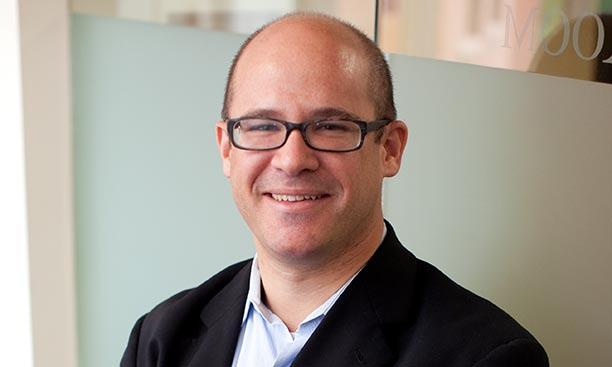
Who controls your Facebook account? Is it you or Facebook?
This question was the central premise behind Facebook Inc. v. Power Ventures Inc., a lawsuit that was decided in July 2016 by the U.S. Court of Appeals for the Ninth Circuit.
Orin Kerr ’93 served as one of the pro bono lawyers for the defendant, Steve Vachani, the owner of Power Ventures.
“The issue in the case was whether Facebook could use a criminal law, which the government could put someone in jail for violating, to keep Power Ventures from accessing the account of Facebook users with their permission,” Kerr says.
Power Ventures, created by Vachani, operated a website that aggregated information from users’ social media profiles, such as Facebook, Twitter, and LinkedIn. When Facebook found out that Power Ventures was aggregating data from its users, it sent Power Ventures a cease-and-desist letter, alleging that Power Ventures was collecting data without agreeing to Facebook’s terms of service. Power Ventures continued to access Facebook, and Facebook sued, alleging a violation of the federal computer hacking statute, the Computer Fraud and Abuse Act (CFAA), which prohibits digital trespass.
Kerr, a professor at the George Washington University Law School, specializes in internet surveillance and computer crime law. He spent three years as an attorney in the Computer Crime and Intellectual Property Section of the U.S. Department of Justice and later clerked for Supreme Court Justice Anthony Kennedy. He also is a frequent contributor to The Volokh Conspiracy, a law blog, and The Washington Post.
According to Kerr, the question in the Power Ventures case is whose authorization matters. Facebook claimed that Power Ventures broke into Facebook’s computers because their access was without Facebook’s permission. Power Ventures argues that its access was authorized because permission was given by the Facebook users who signed up for an account with Power Ventures.
At the district and appellate levels, the courts ruled for Facebook on the grounds that the cease-and-desist letter withdrew rights to access Facebook. Kerr argues that the decision is inconsistent with other cases holding that violating a website terms of service does not render access unauthorized.
“The courts are struggling with how to interpret a digital principle of trespass to a totally new technological environment of the internet,” he says. “The courts are trying to figure out what’s a crime and what isn’t a crime online.”
When Kerr heard about the case, he agreed to defend Power Ventures pro bono in a petition for rehearing to the entire Ninth Circuit. Kerr, who had previously defended MySpace “cyberbully” Lori Drew, explained that he felt obligated to lend his expertise.
“Big companies have a lot of high-priced lawyers, the federal government has very good lawyers, but the folks that need the lawyers the most are the criminal defendants and private parties who have no money,” Kerr says.
The Ninth Circuit later denied the petition for rehearing, but it also amended the opinion to clarify its reasoning in response to the petition. If the ruling stands, it would allow the federal government to bring criminal charges for visiting a public website after receiving a cease-and-desist letter. Kerr added that eventually the U.S. Supreme Court will have to weigh in on this issue.
“We’re still evaluating our options,” he says.
